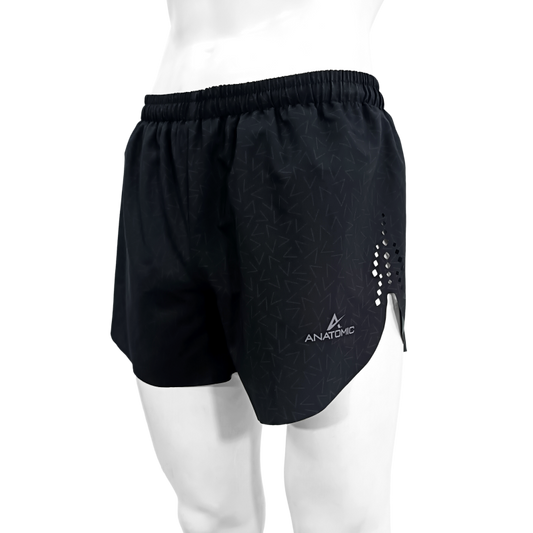The Myth and Magic of Muscle Memory in cycling
I've encountered numerous ex-pro cyclists who possess the uncanny ability to leave the sport for extended periods, only to return and promptly resume performing at a high level. They often humorously attribute this capability to "muscle memory." This begs the question: Are they simply genetically gifted, or is there some validity to the notion that muscles retain the memory of their former prowess once they're back in action?
When cyclists, or athletes in general, speak of "muscle memory", they're referring to a phenomenon where the repetition of certain physical actions enable those actions to be performed almost automatically, without much conscious thought. Interestingly, despite the term, this process doesn't actually involve the muscles retaining memories. Rather, it's a type of procedural memory housed within the brain.
The most crucial memory isn't that of the muscles but remembering to set your alarm clock for training!
Muscle memory is a well-established concept in the realms of neuroscience and psychology. It's grounded in how the brain and nervous system respond to repeated activities. Engaging in a physical skill repetitively strengthens the neural pathways responsible for that skill. Over time, this results in modifications to the brain's structure and functionality, thus making skill execution more efficient and requiring less conscious effort. This adaptation is driven by synaptic plasticity, the capacity of synapses (neuronal connections) to strengthen or weaken over time, a process that is especially pronounced in activities demanding fine motor skills, coordination and timing - such as cycling, playing an instrument, or typing. The essence of muscle memory is the transition of a skill to a more "automatic" level, enhancing performance with minimal conscious input. This efficiency not only improves execution but also allows athletes to devote more mental energy to strategy and endurance.
Wondering if it's possible to enhance your muscle memory? Absolutely. The key is consistent practice - more time spent cycling inevitably leads to improvement. However, cycling coaches recommend specific exercises to foster muscle memory:
- Optimize Your Bike Setup: Begin with the right foundation to avoid ingraining poor habits that you'll later need to correct.
- High-Cadence Drills: Often termed spin-ups, these exercises involving a cadence above 100rpm over short intervals can significantly enhance pedalling efficiency
- Single-Leg Pedalling Drills: Focus not on speed, but on refining pedalling technique to ensure balanced power distribution throughout the stroke
- Standing Climbs: Extended periods of standing while climbing can bolster both balance and power.
Always prioritize proper form and overall health during these exercises and consider seeking advice from a cycling coach to tailor the program to your unique requirements.
Yet, the most crucial memory isn't that of the muscles but remembering to set your alarm clock for training!
Let's go training!
The RIDE Team








